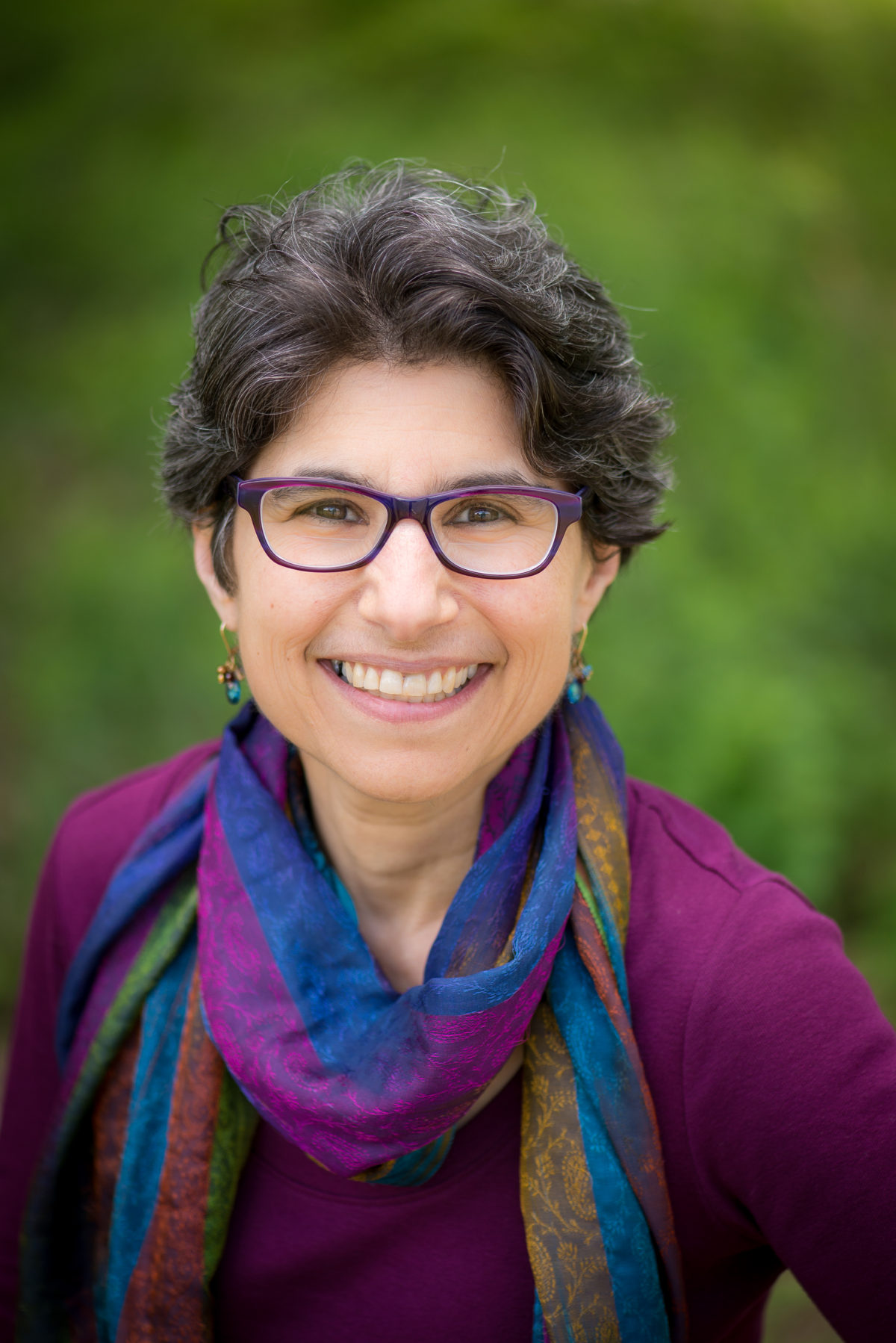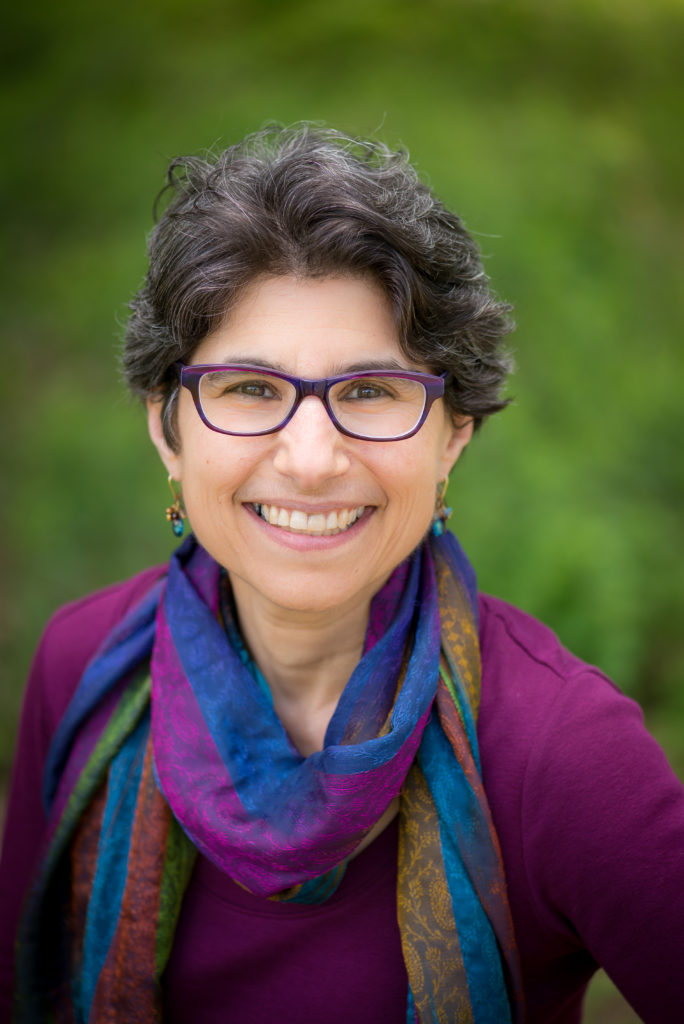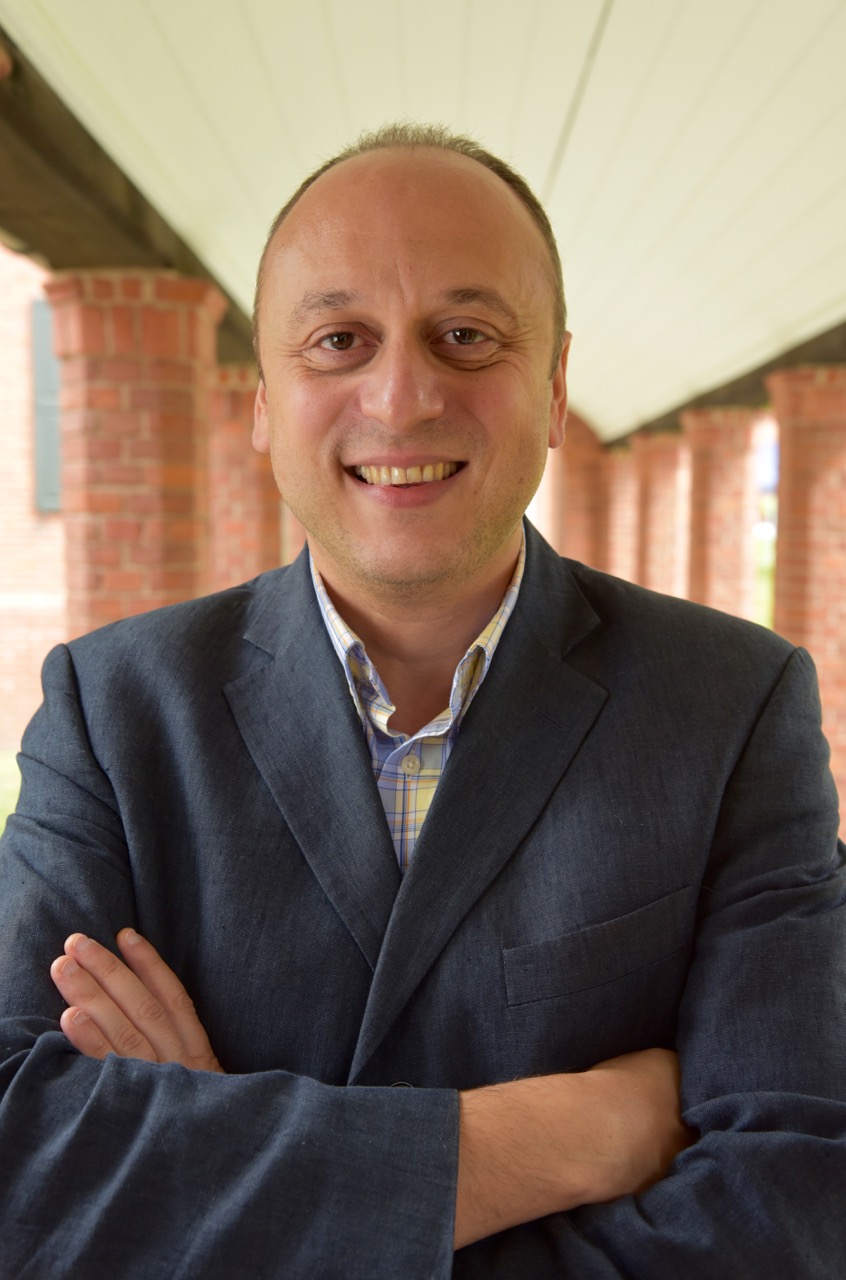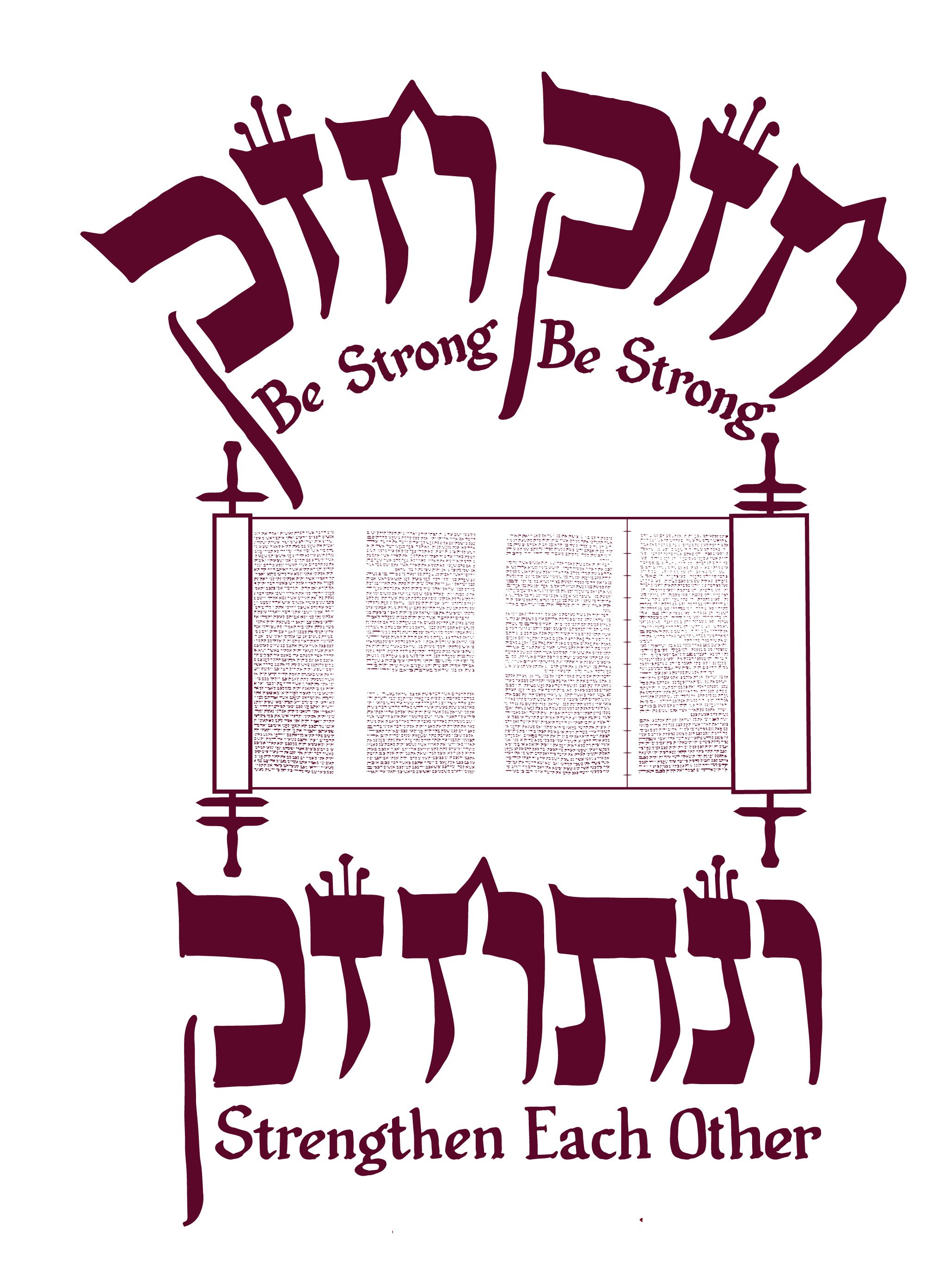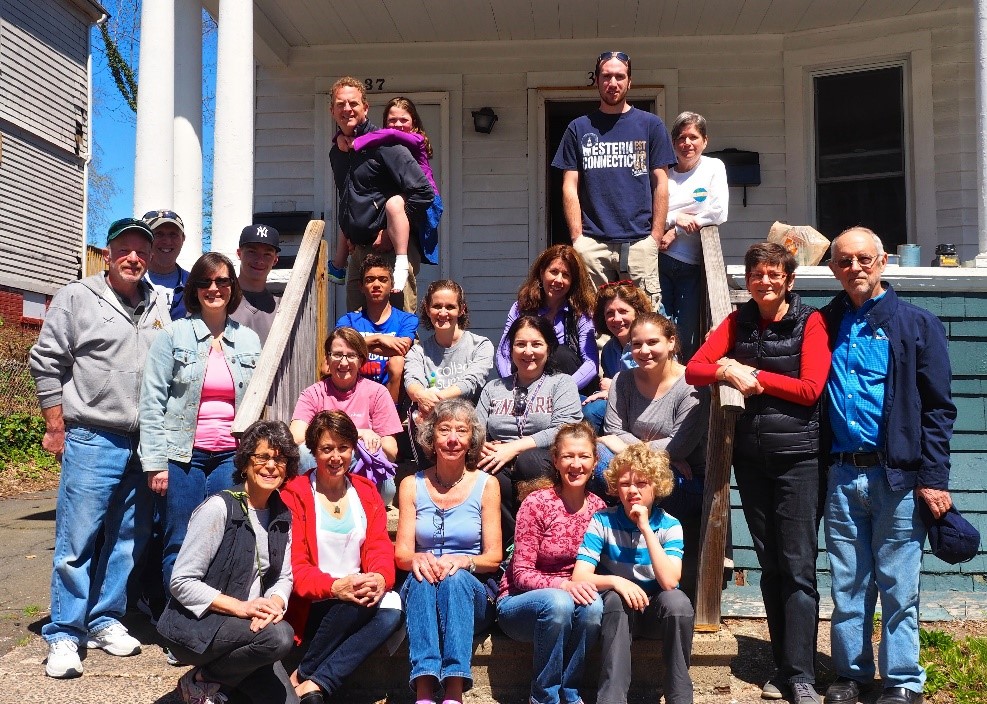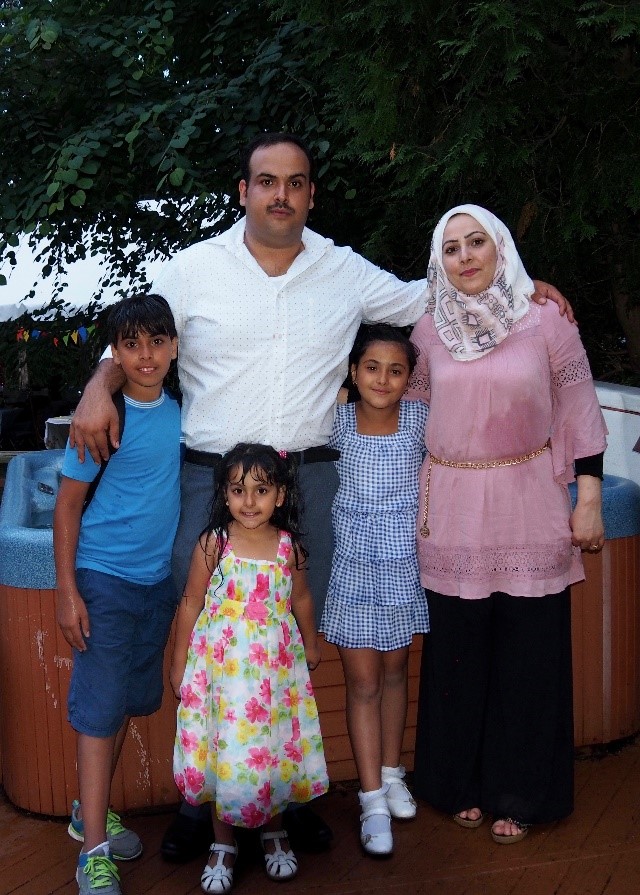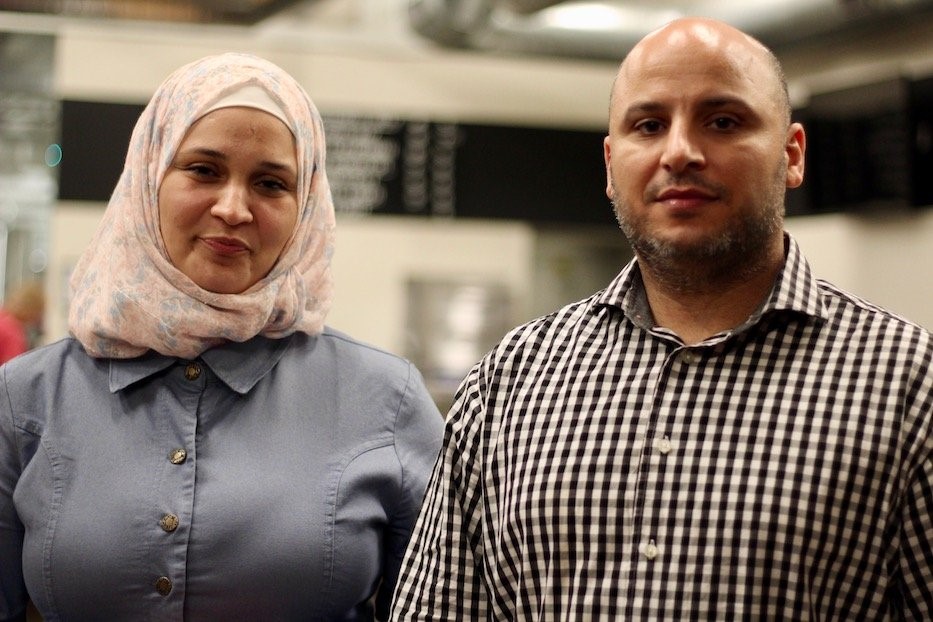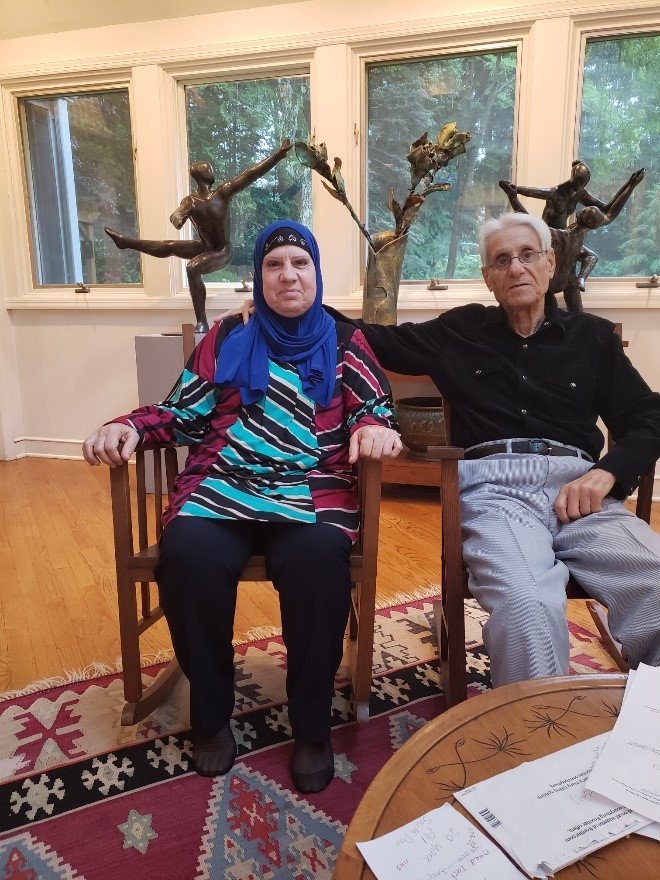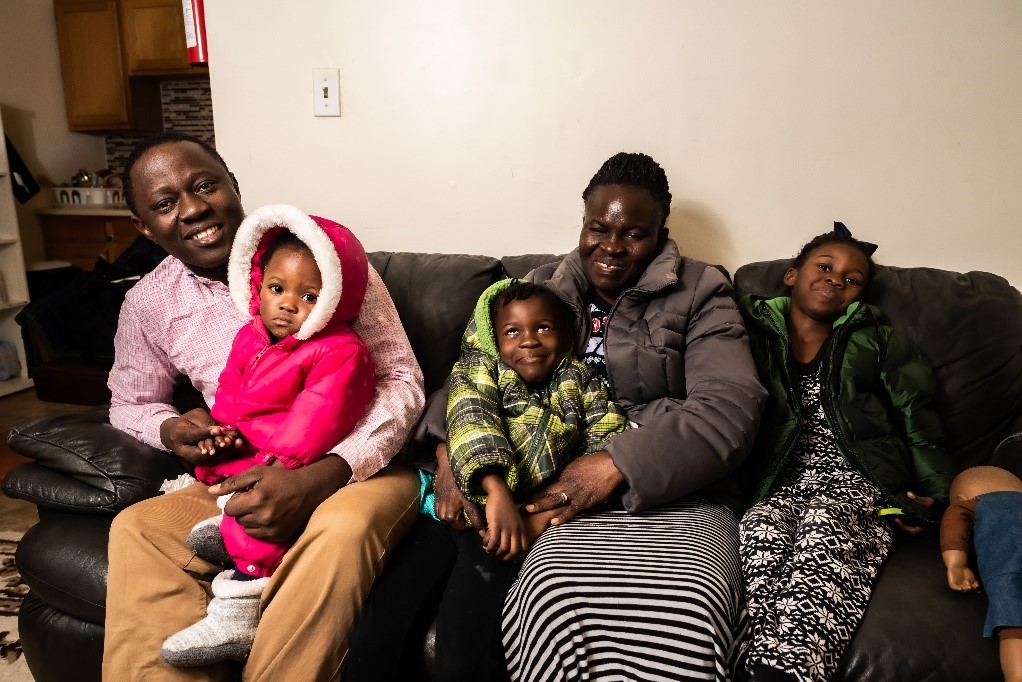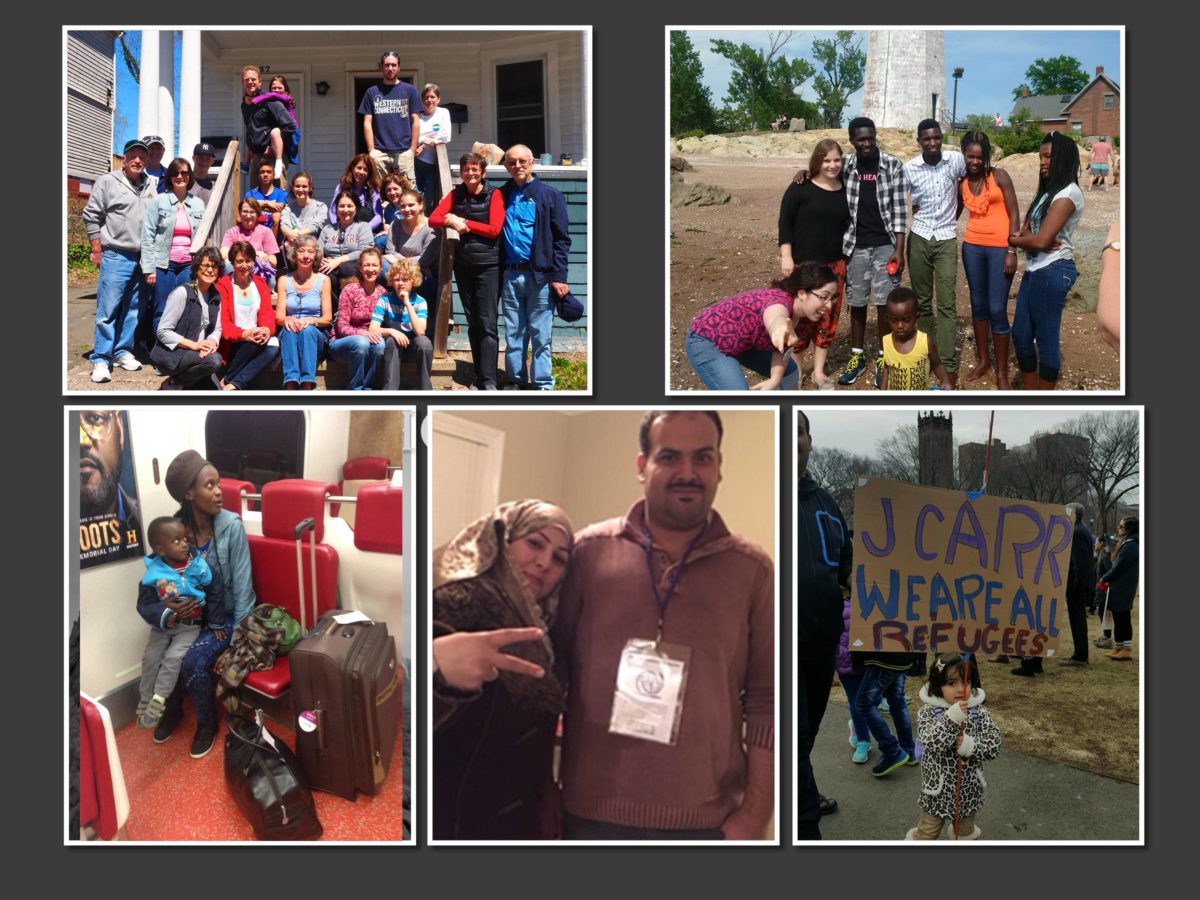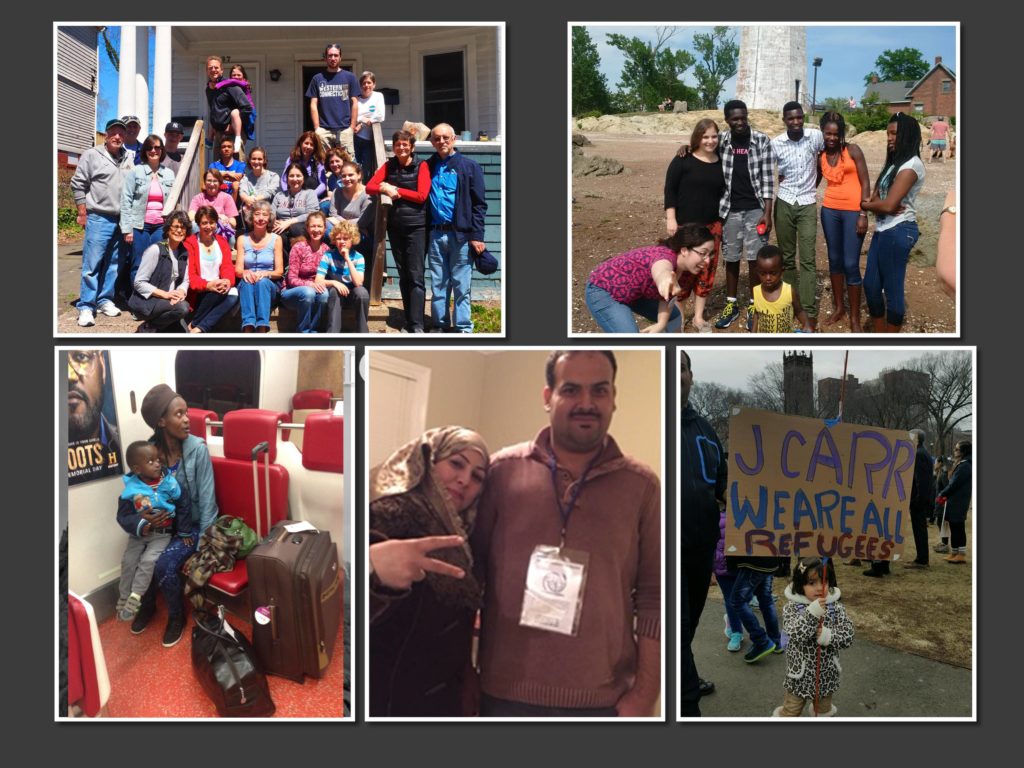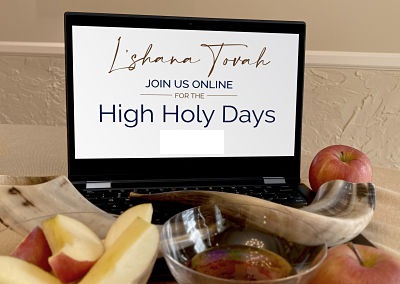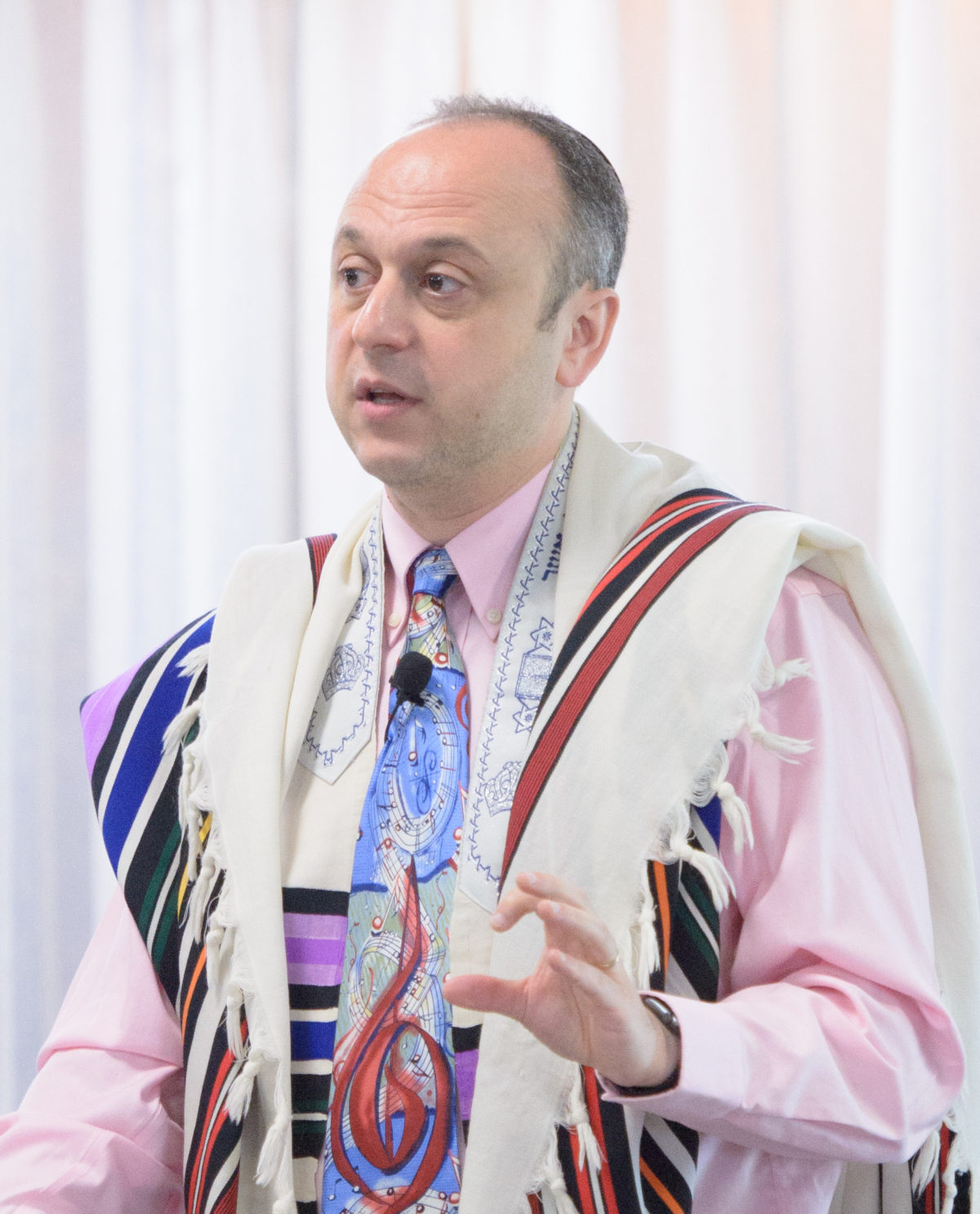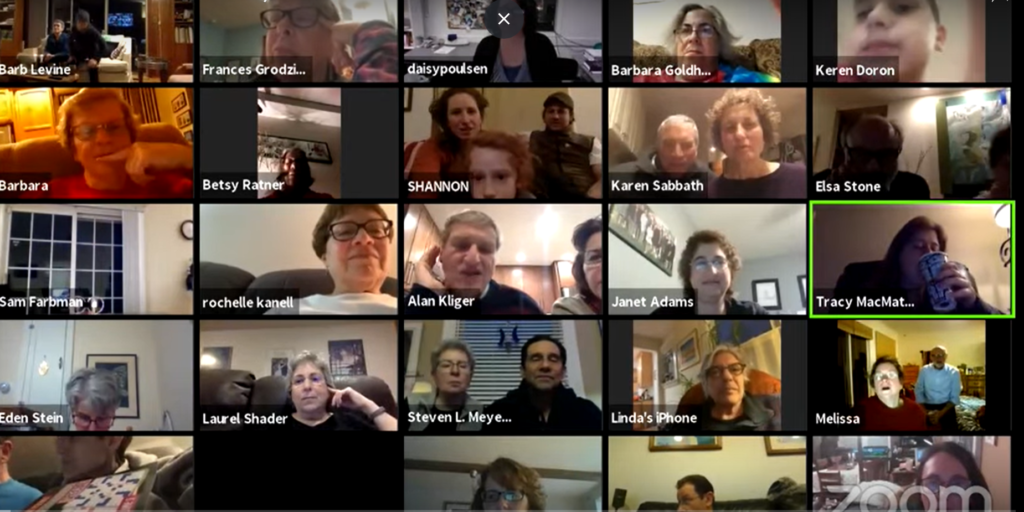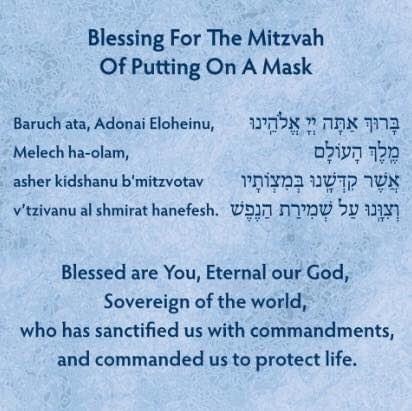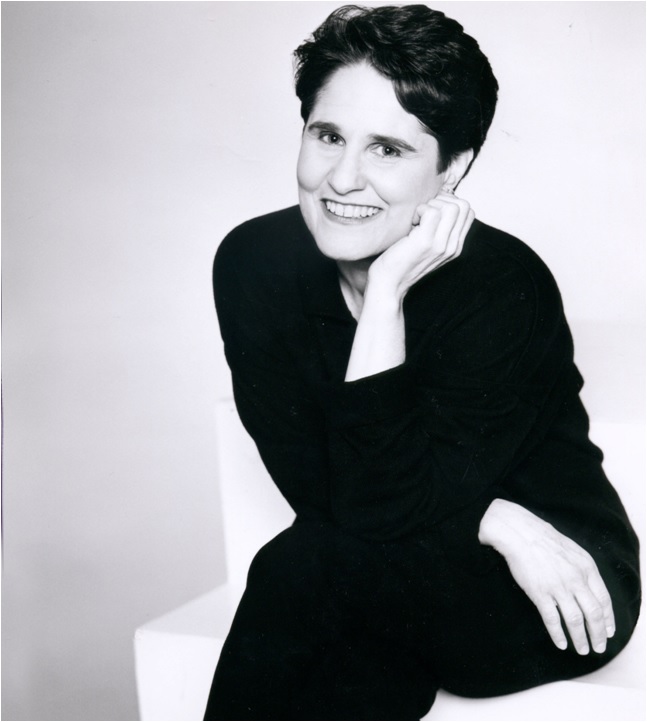
Music stirs our souls in a way that words often cannot, activating emotions within us that we did not know existed… Music is such a strong presence in Temple Emanuel worship style that it is almost unimaginable without it! Yet music in worship (especially instrumental music) has a complicated history in Judaism. Following the destruction of the Second Temple in 70 CE the rabbis placed a ban on the use of music in general, and especially in worship, as a sign of mourning. It is not hard to imagine that having witnessed the devastation, the last thing they wanted to do is sing…
From the very beginning, the Reform Movement insisted on bringing the music back to worship, back to the synagogue, back to Shabbat. Music and joy were always part of Judaism and now they were making a comeback! Synagogues installed pipe organs and commissioned talented and popular composers of the time to write music settings for service in the synagogue, giving us the profoundly inspiring music of Lewandowski, Bloch, Sulzer and many others. The music they wrote for the services was spiritual and uplifting. It was also very modern and reflective of the 19th century popular music styles.
As the popular music styles changed in the second half of the 20th century, a new kind of music entered the world of the synagogue worship. The pipe organs were joined (and often replaced) by guitars and electric pianos. Temple Emanuel, founded in 1962, is a true ‘child’ of that era – from the very beginning, our services were accompanied by guitar music, with the entire congregation singing along, rather than relying on a powerful pipe organ and a professional cantor or choir to provide music for the worship experience. In fact, it is probably safe to argue that music has been one of the main defining features of the new congregation, as well as many others that appeared in the 1960s and 1970s around the country.
The music of Debbie Friedman had defined that generation – and after some four decades it continues to touch the souls of so many Jews all around the world. But it’s not only her music and her talent that has completely transformed the music in the synagogue – Debbie, along with Jeff Klepper and a few others, had ignited the spark of creativity in generations of young Jews. She inspired them, she nurtured them, she challenged them – and they have completely transformed Jewish worship and Jewish music. Every year since Debbie’s untimely passing in 2011 we gather for a Debbie Friedman memorial concert around her yahrzeit. We sing and we play and we honor her legacy. This year we will not be able to hold our annual Kol Shira, a community-wide concert celebrating the power of Jewish music. This 10th yahrzeit will have to be marked in a different way, much as we continue to adjust our festivals and our personal milestones to the realities of this pandemic. But on January 29th we will honor Debbie’s memory with a special annual Shabbat service filled with her music. Yechi Zichra Baruch, may her legacy endure as a blessing for all of us.
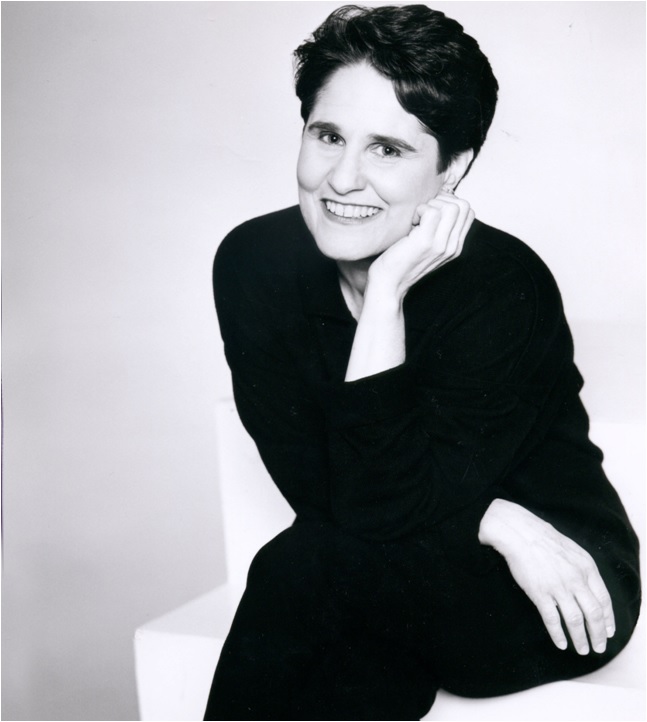
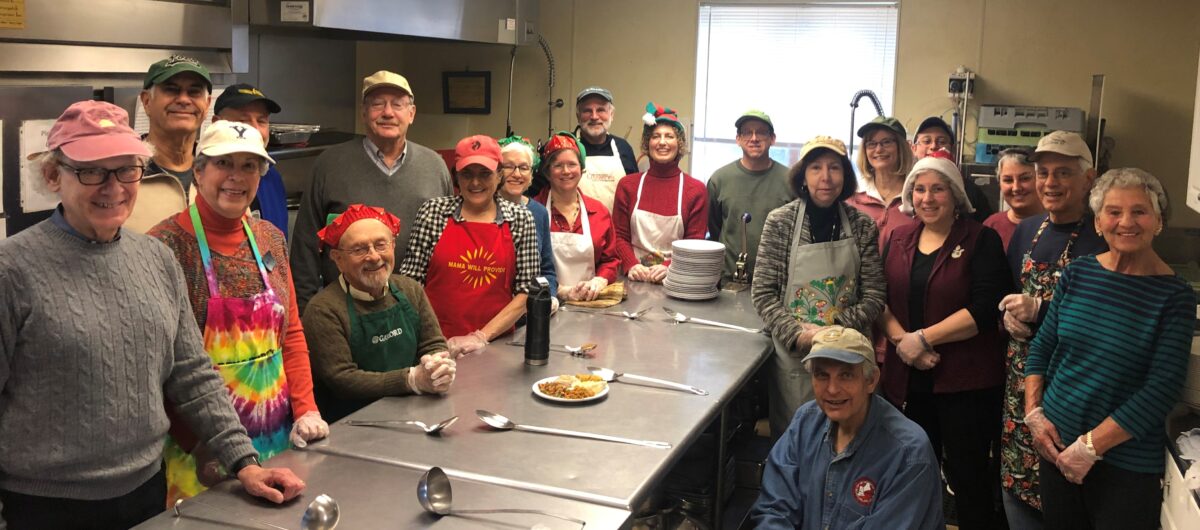
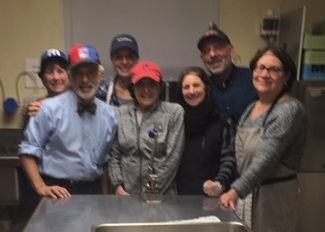
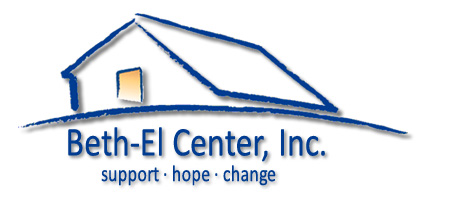 Hopefully in Spring of 2021, we will get the all-clear, and we can resume our monthly dinner service. Until then, you can help by donating directly to The Beth-El Center by visiting their website:
Hopefully in Spring of 2021, we will get the all-clear, and we can resume our monthly dinner service. Until then, you can help by donating directly to The Beth-El Center by visiting their website: